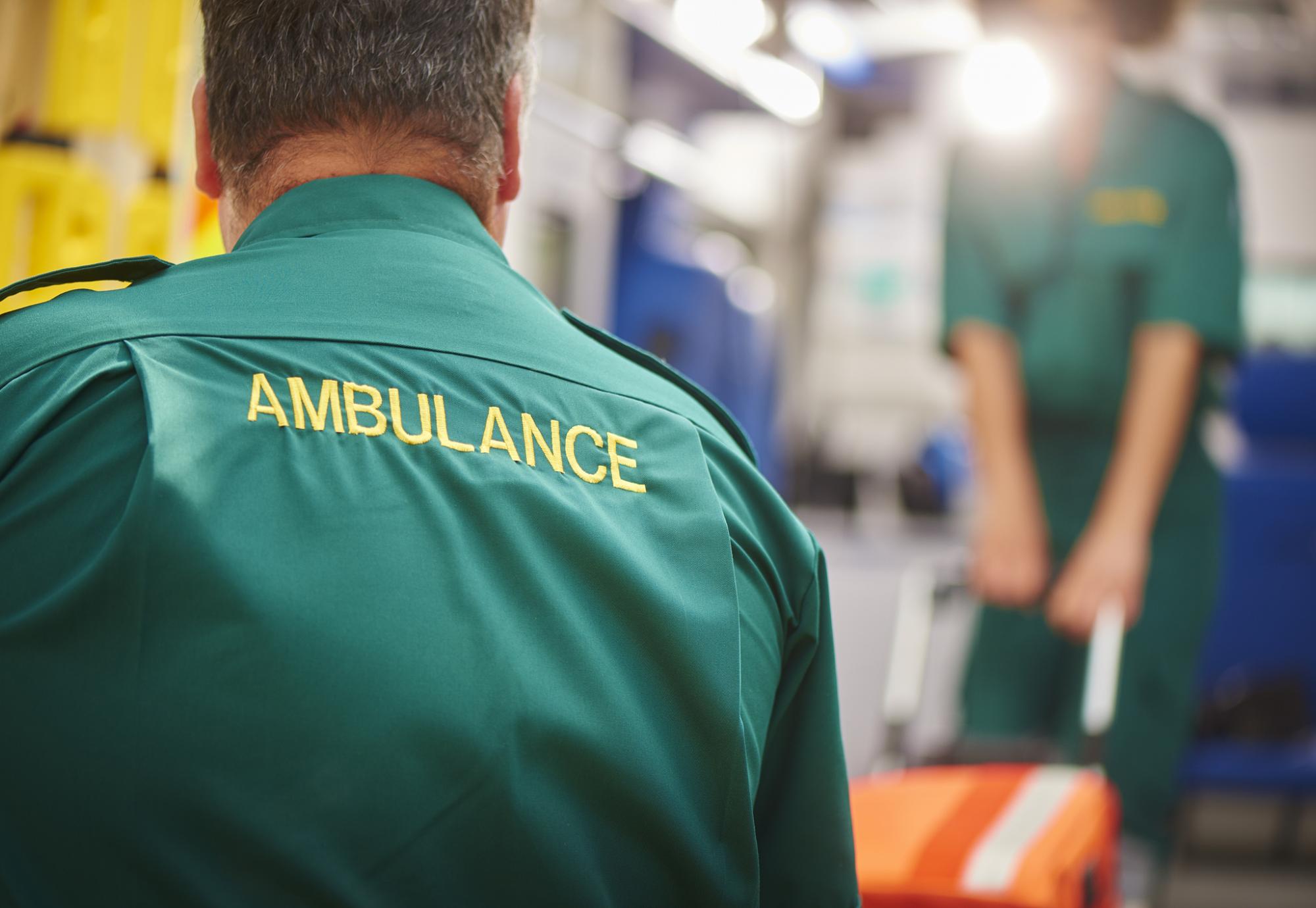Patients who receive care from the East of England Ambulance Service NHS Trust (EEAST) will soon benefit from further improvements in safety and quality of care, following an investment of £25m in state-of-the-art technology by the ambulance trust.
The investment by EEAST sees every frontline member of staff issued with a tablet device to allow them to access a brand-new electronic patient care record (ePCR) system quickly and easily while on the road.
This includes details of previous ambulance call outs and the patient’s attendances at their GP surgery or acute hospital, as well as vital information about any medications they are taking, recent test results and allergies they may have.
Crews are also able to use technology to access clinical information and guidance, complete mandatory training and make real-time referrals to agencies such as social care and child protection.
Information can equally be shared easily and securely with healthcare partners while alerting hospital staff when patients are being brought in, allowing fast and efficient handovers and better clinical outcomes.
Dr Tom Davis, Acting Chief Executive at EEAST, said: “This significant investment will transform the working lives of our crews by providing them with a huge array of information at their fingertips, in turn helping them to continue providing safe, high quality care to our patients.
“The technology will let them view a full patient history for the very first time, making it easier to deliver individually-tailored care. It will also allow them to share electronic information with GPs, acute hospitals and community services reliably and efficiently, in turn reducing duplication and improving the experience which patients have when receiving care as they will only need to tell their story once.
“In addition, we will also be able to provide hospital colleagues with much more information about our sickest patients before we even reach the emergency department so that they can prepare any special equipment or tests in advance. As well as resulting in better patient outcomes, we estimate this will also reduce handover times by around five minutes, which will help our crews get back on the road more quickly by freeing up an estimated 1,680 days every single year.
“The new technology will also help our crews to do the things which many of us take for granted, such as check emails and access mandatory training while they are out and about rather than having to log onto a shared computer back at base during their breaks.
“This move towards a paperless system is something we have been planning for some time, so we are delighted that we are now in a position to start rolling out the technology which will support our crews to deliver even better patient care.”
The ambulance trust is set to stagger it’s rollout of the new ePCR technology from late January onwards.



















